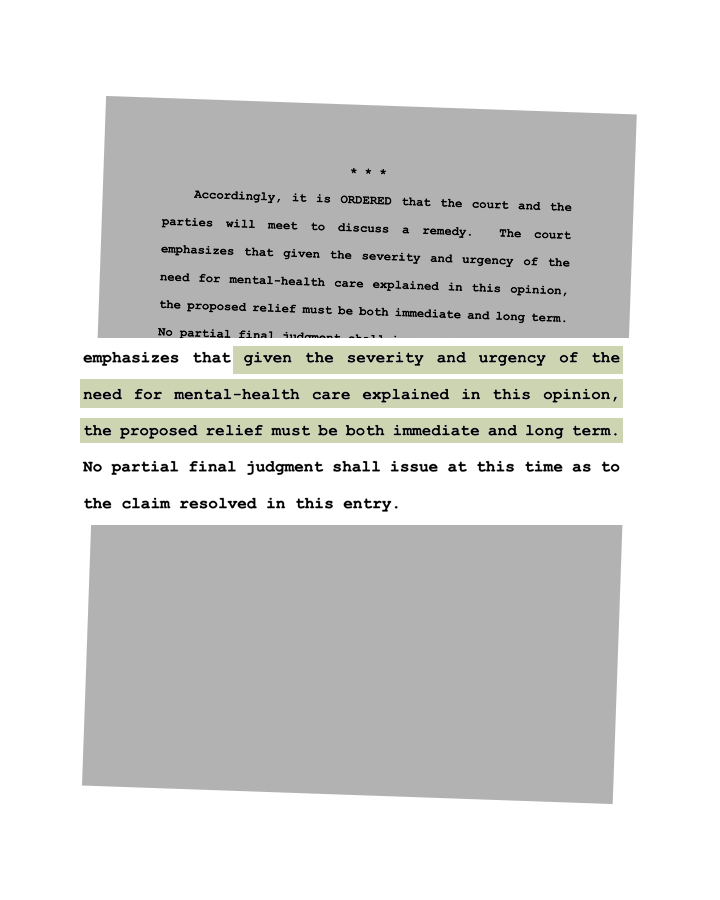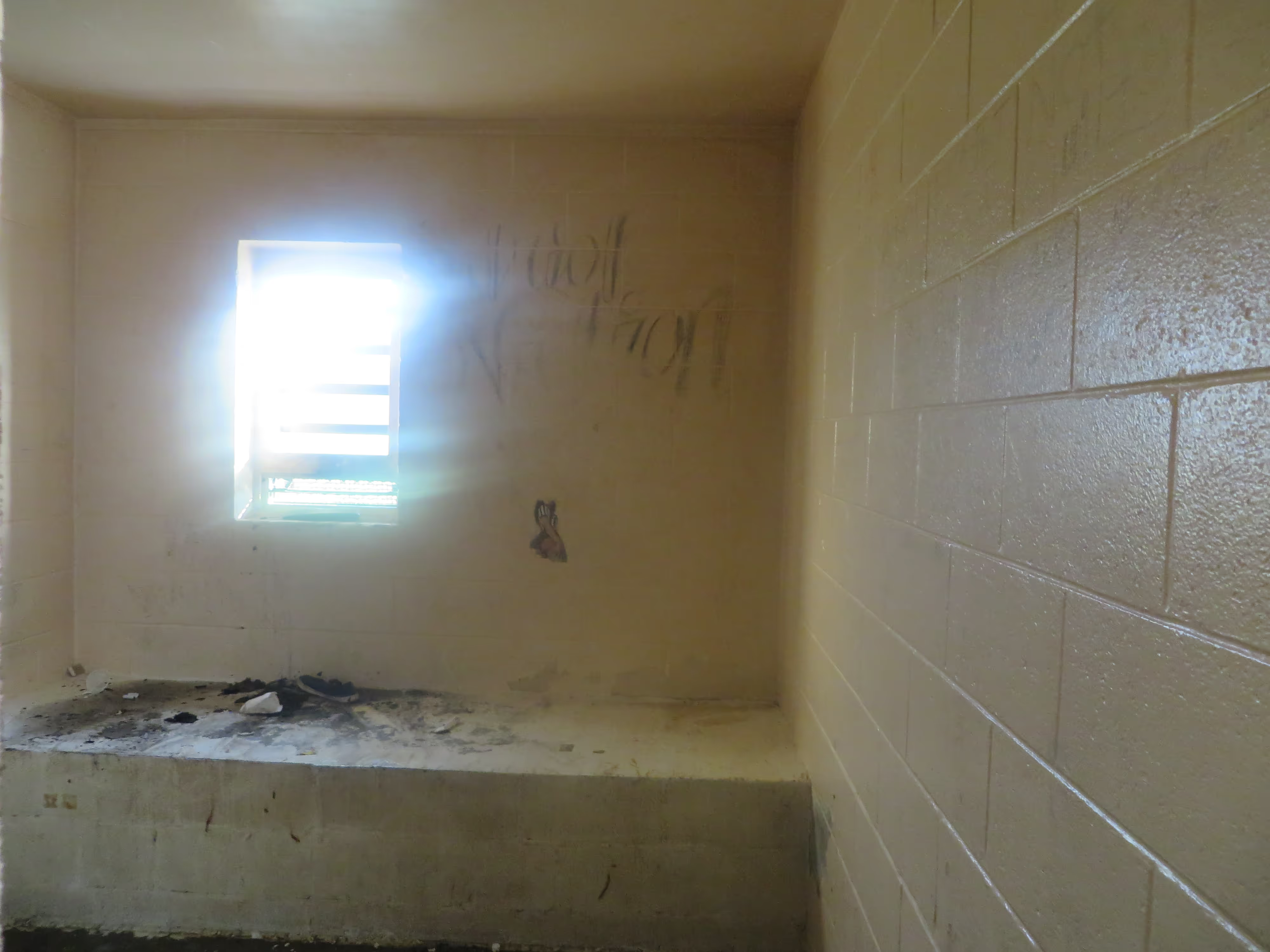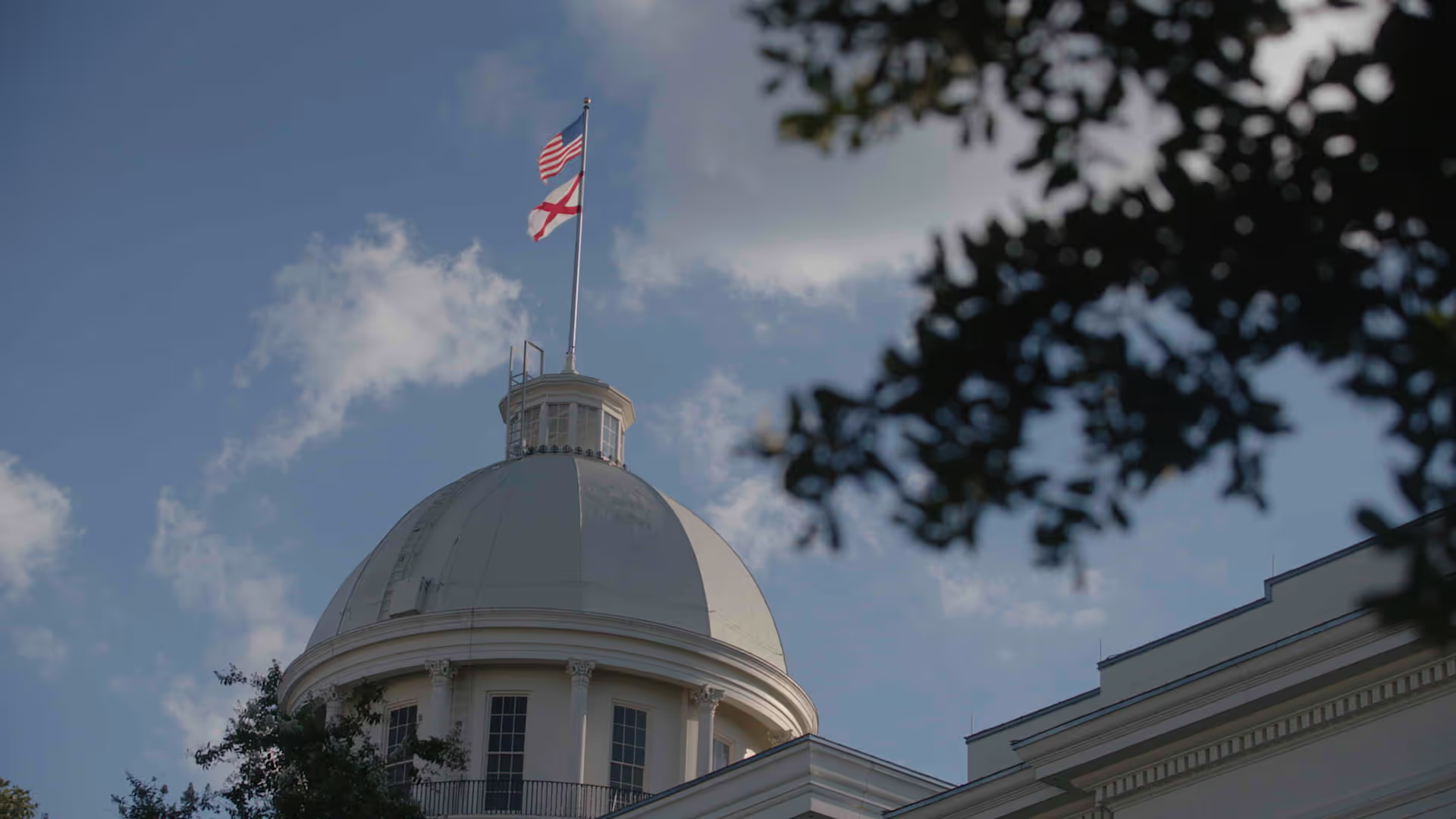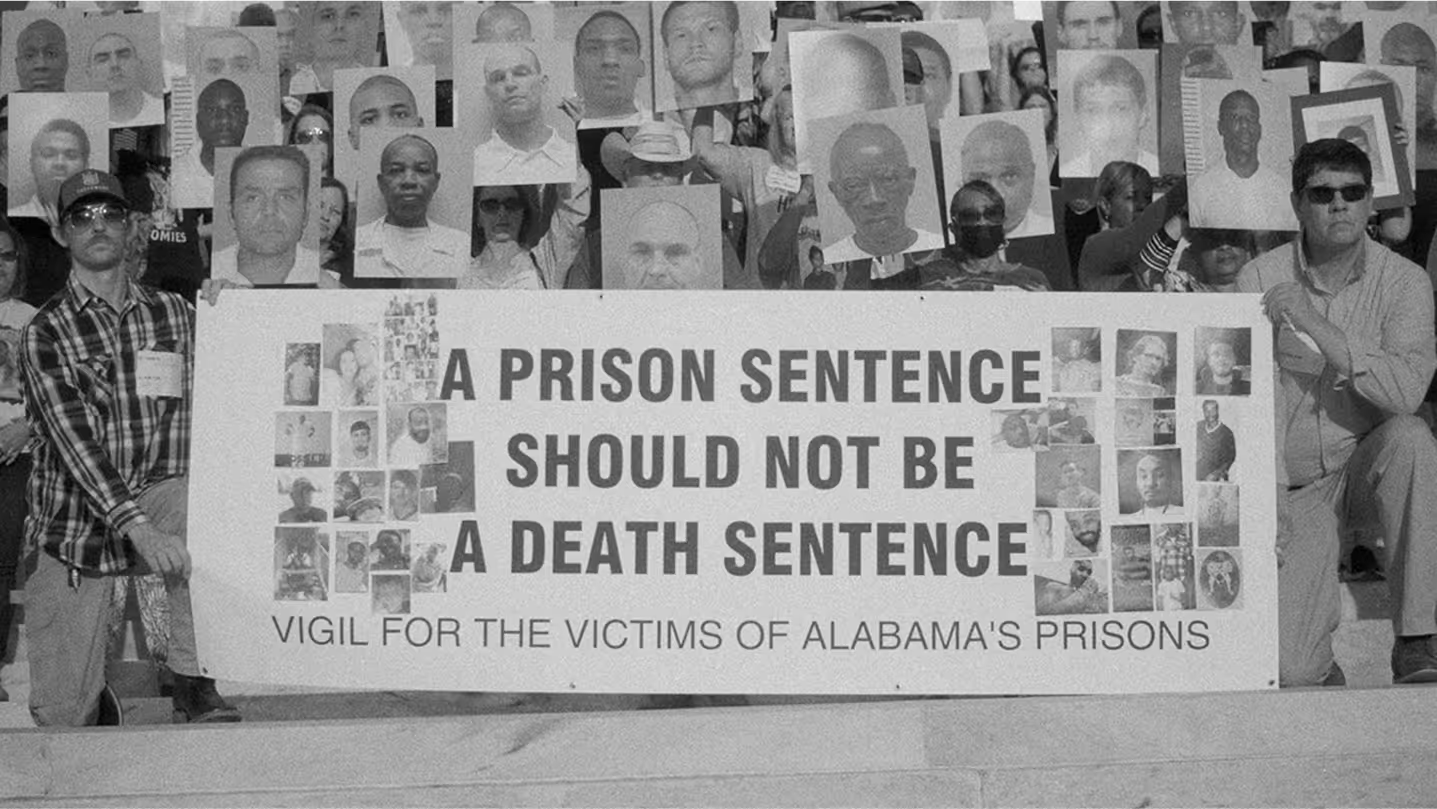Prisoners in Alabama die by suicide at more than twice the rate of the state’s overall population.
We know at least 44 people in Alabama prisons have taken their own lives between 2019-2024.
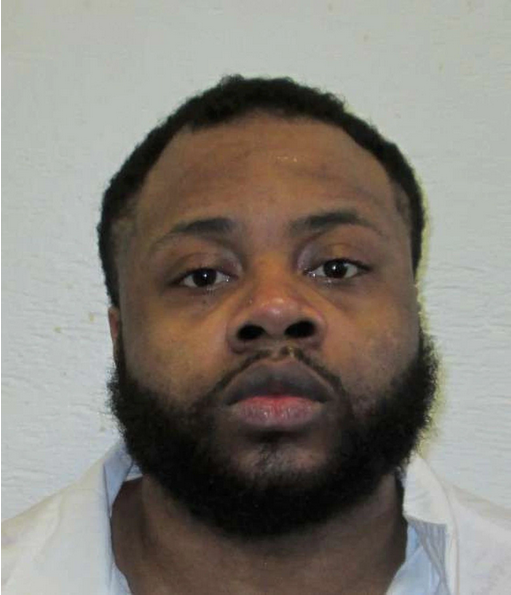
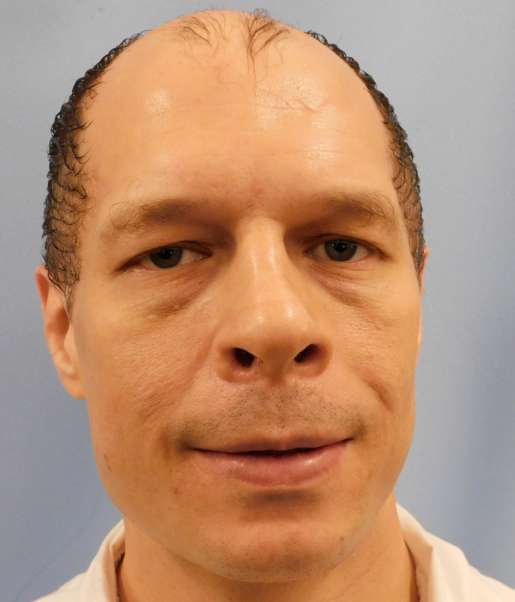
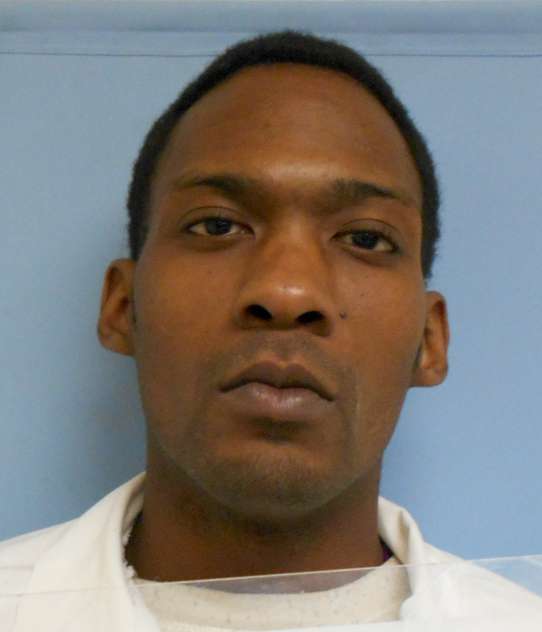
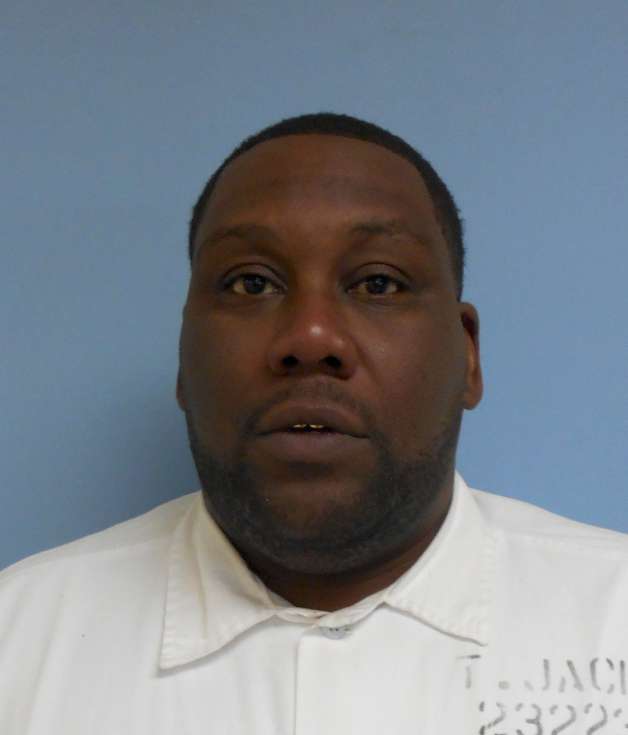


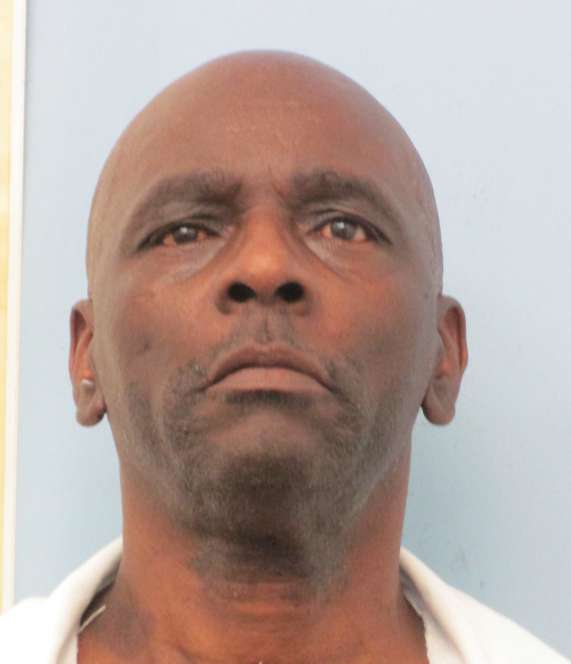
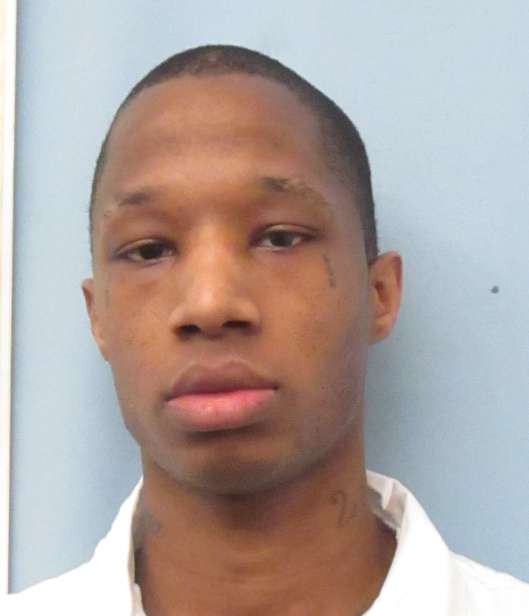
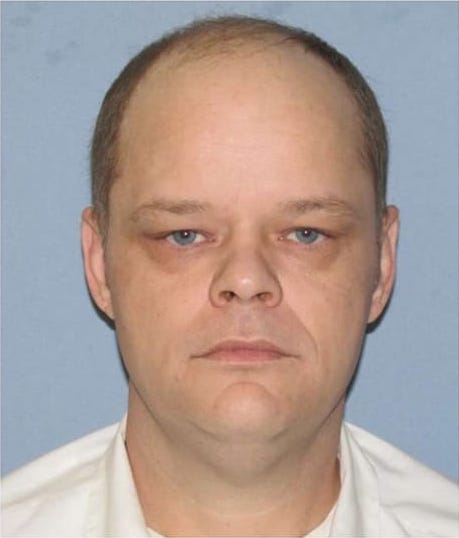


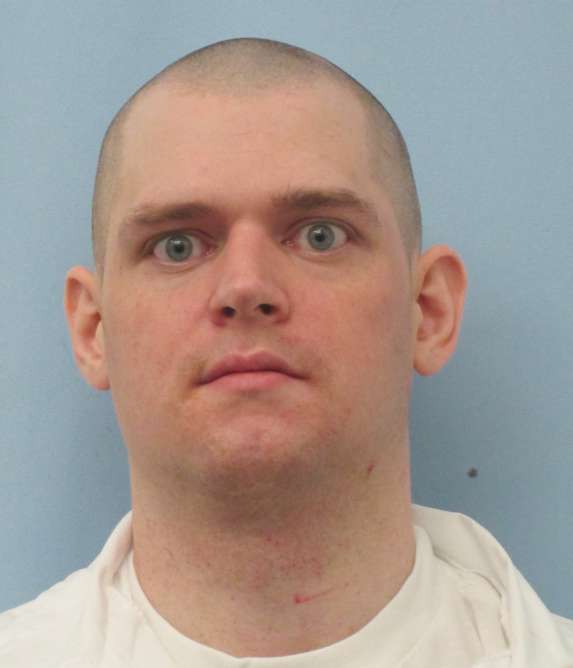

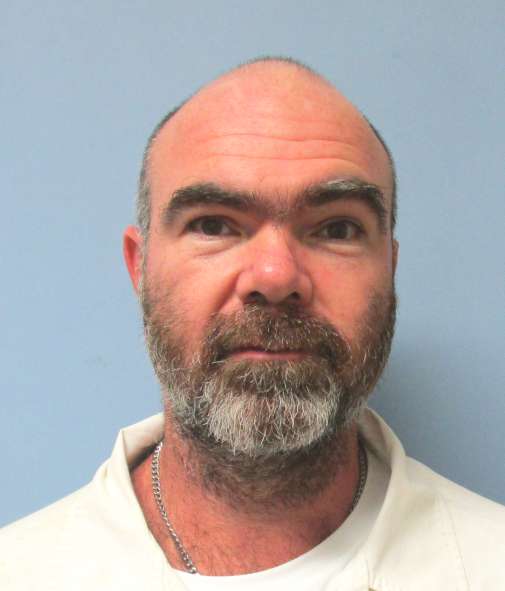

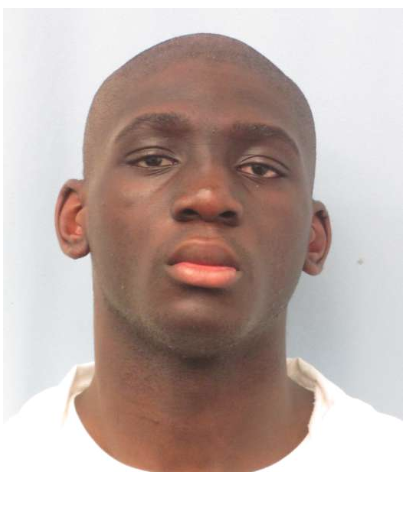
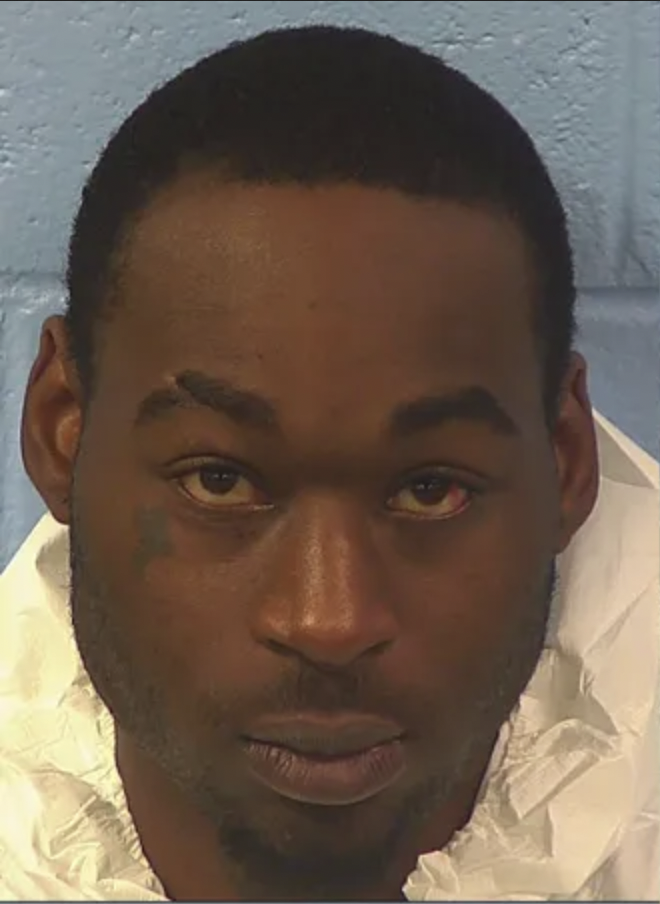

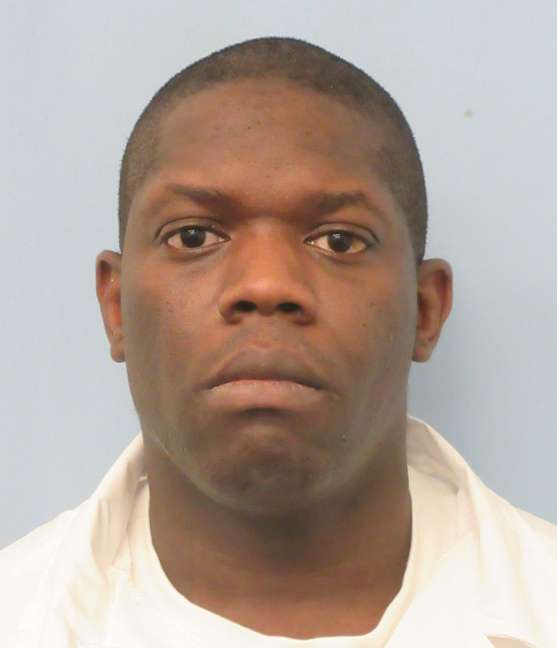


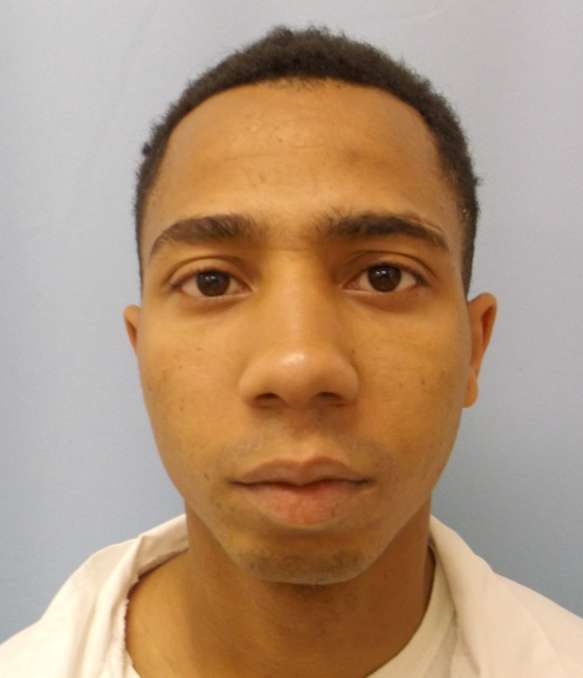

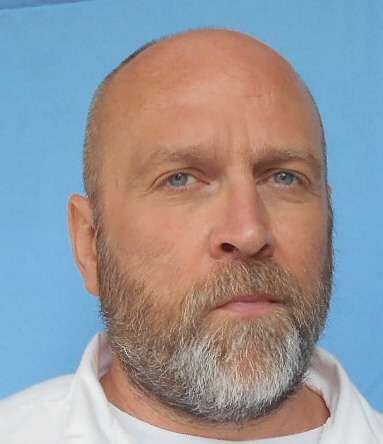
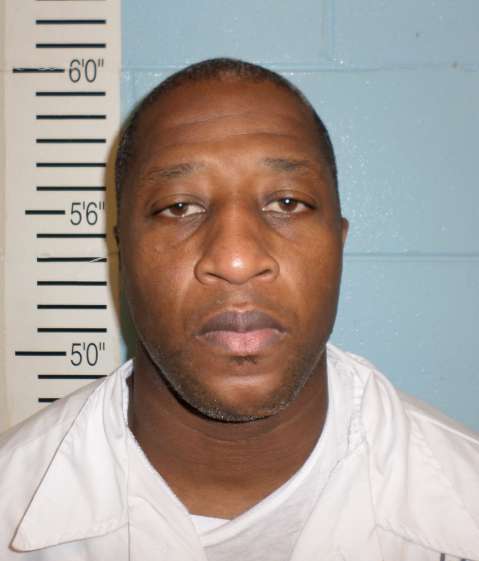
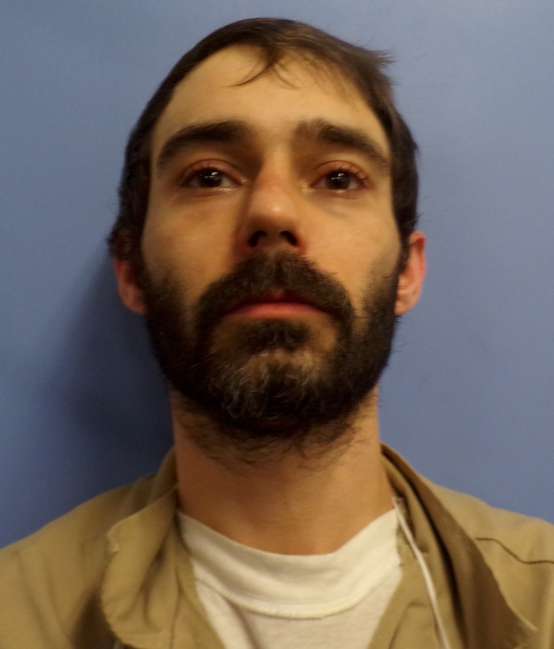
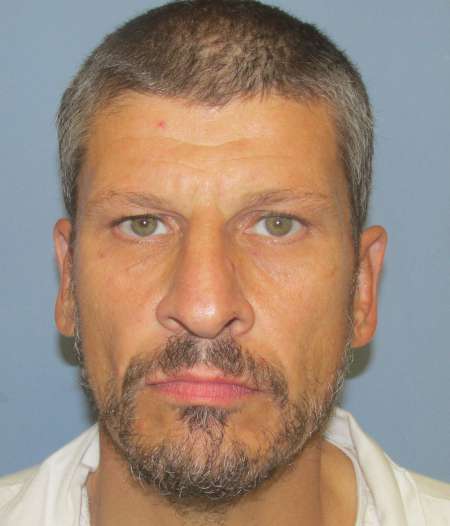
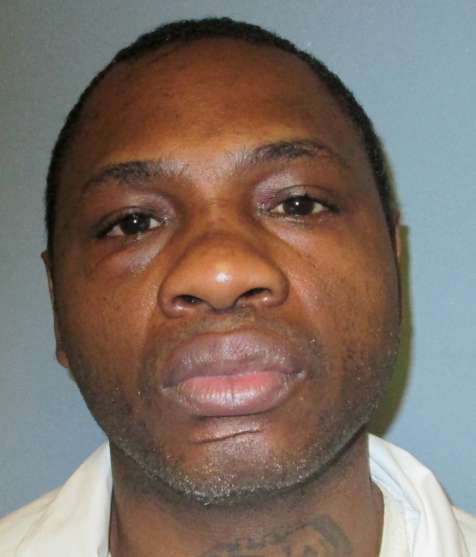
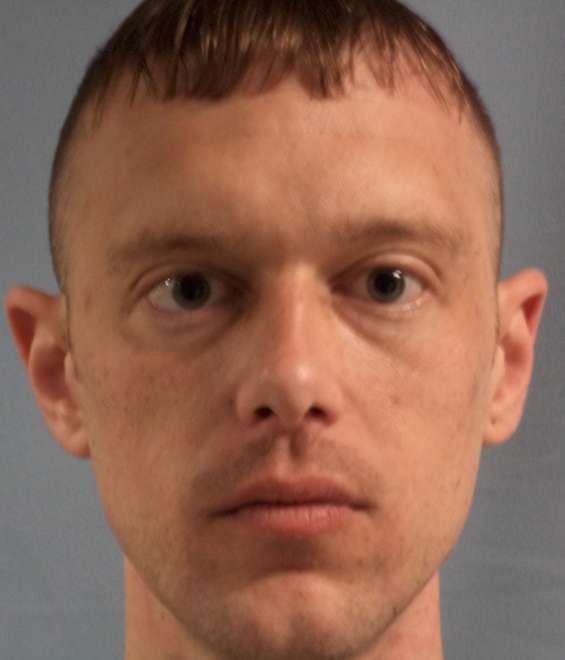
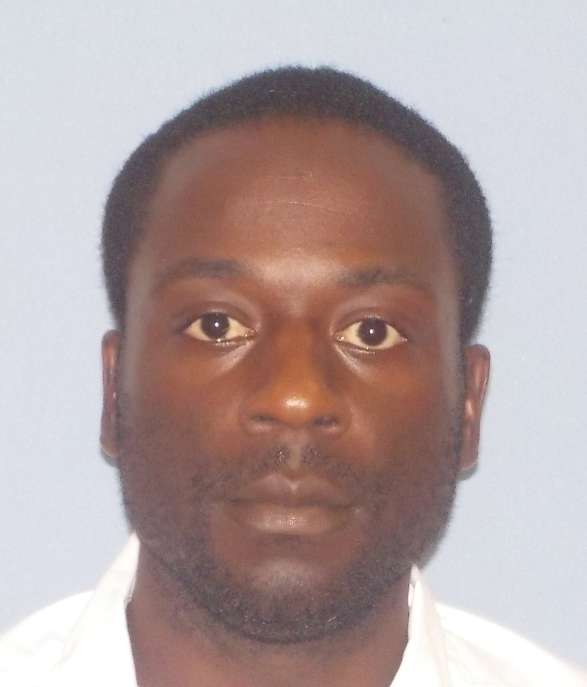

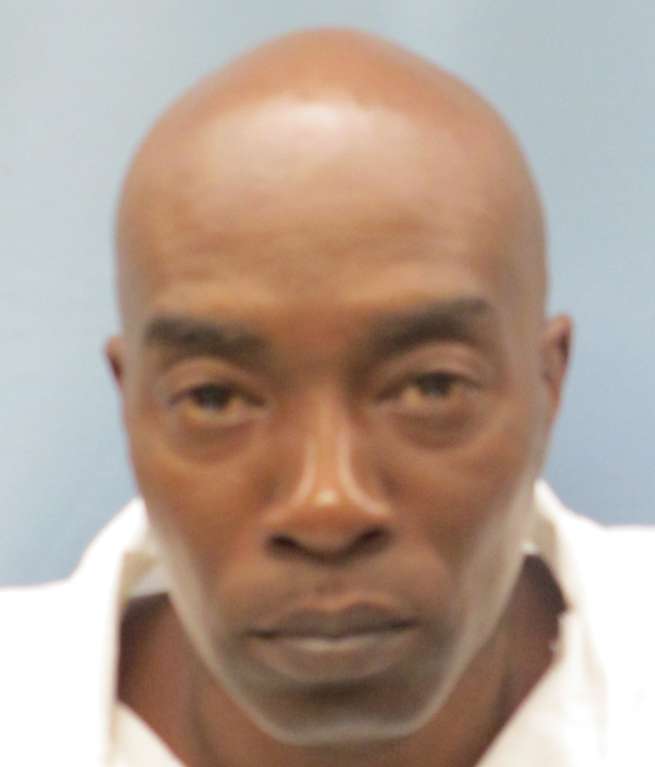
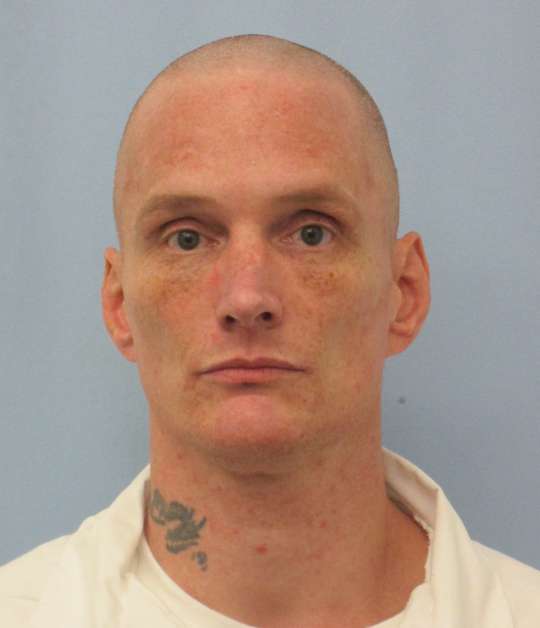
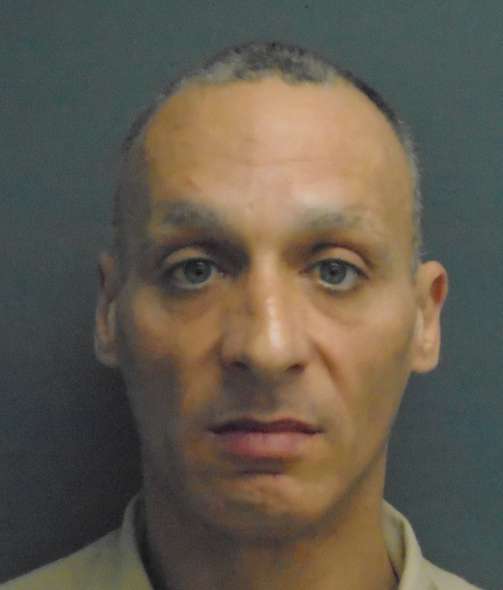

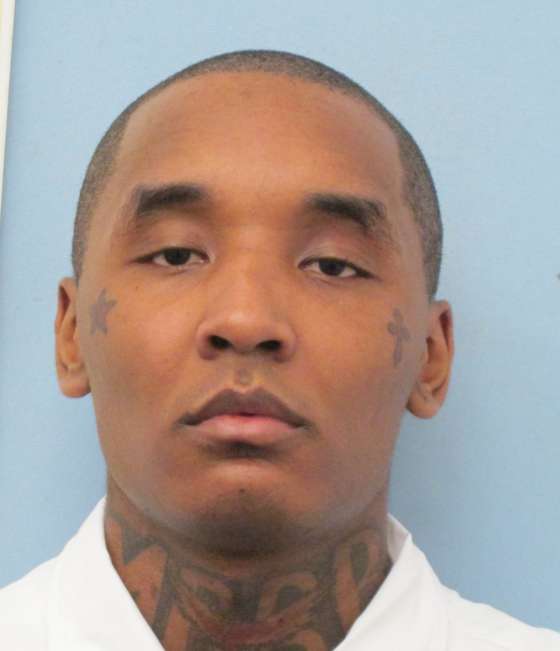
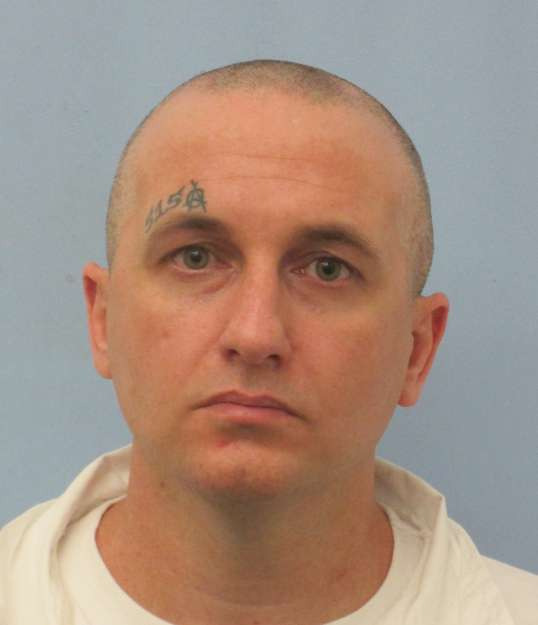
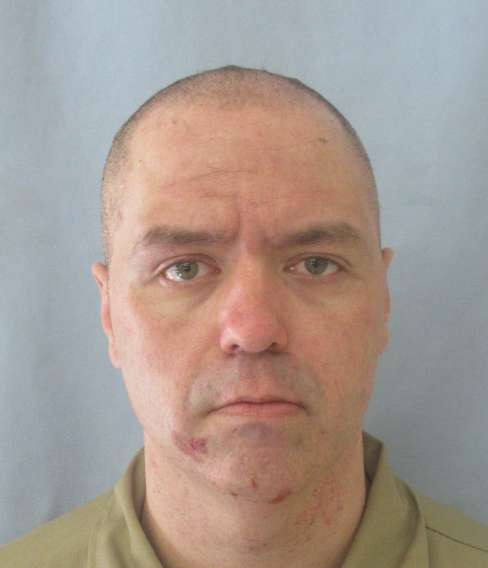
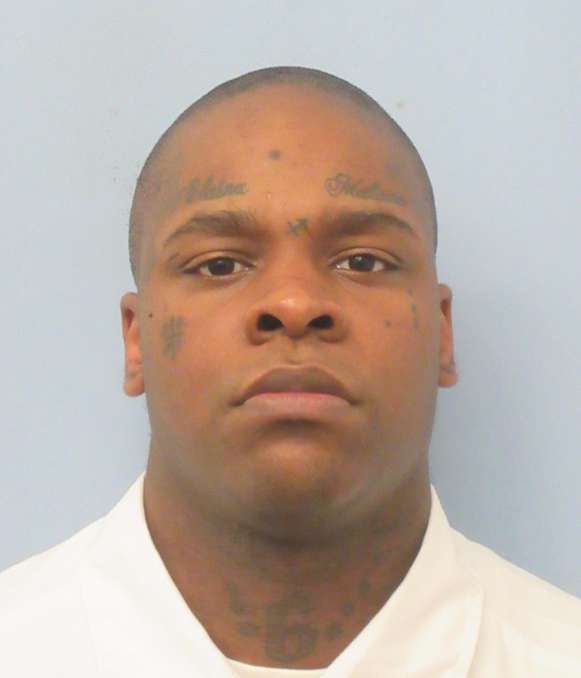
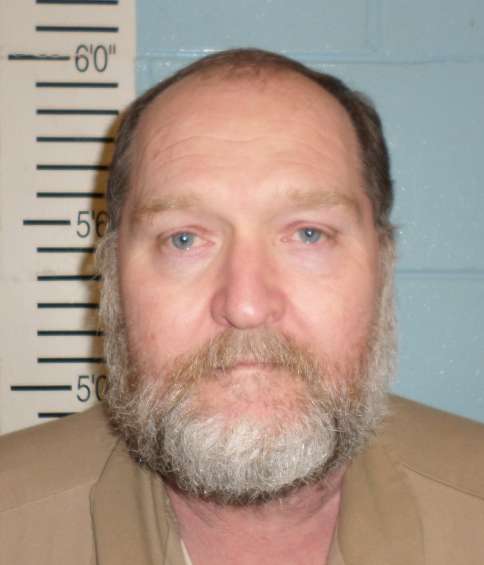
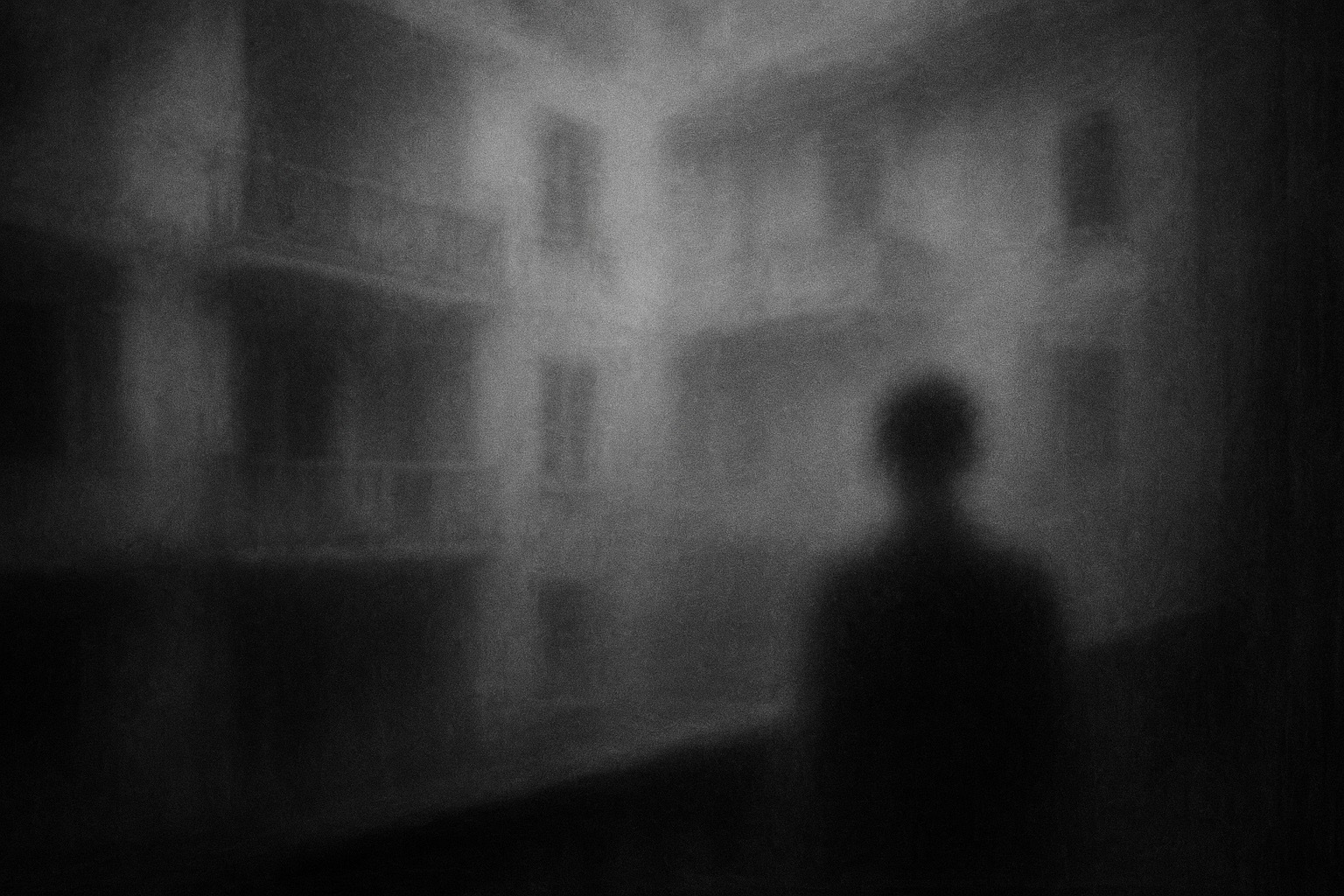
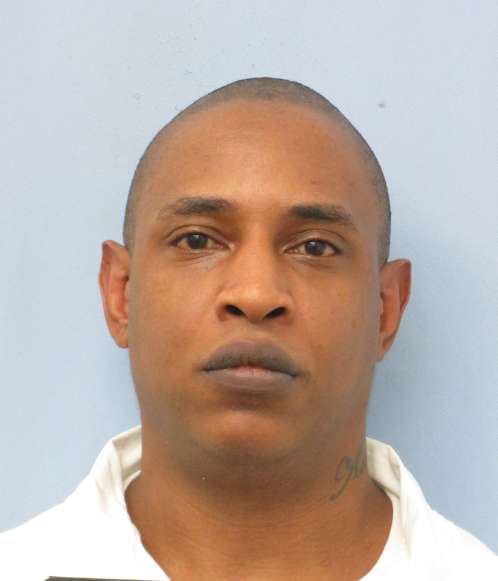


This data likely undercounts the true number of suicides. As drugs like fentanyl become more available in prison, sources say some men are intentionally overdosing, with their deaths recorded as accidents, not suicides.
Since 2017, Alabama has been under a federal court order to improve prison mental healthcare, but incarcerated men continue to take their own lives.
The order came from U.S. District Judge Myron Thompson in Braggs v. Dunn— a class-action lawsuit filed on behalf of incarcerated people with mental illness.
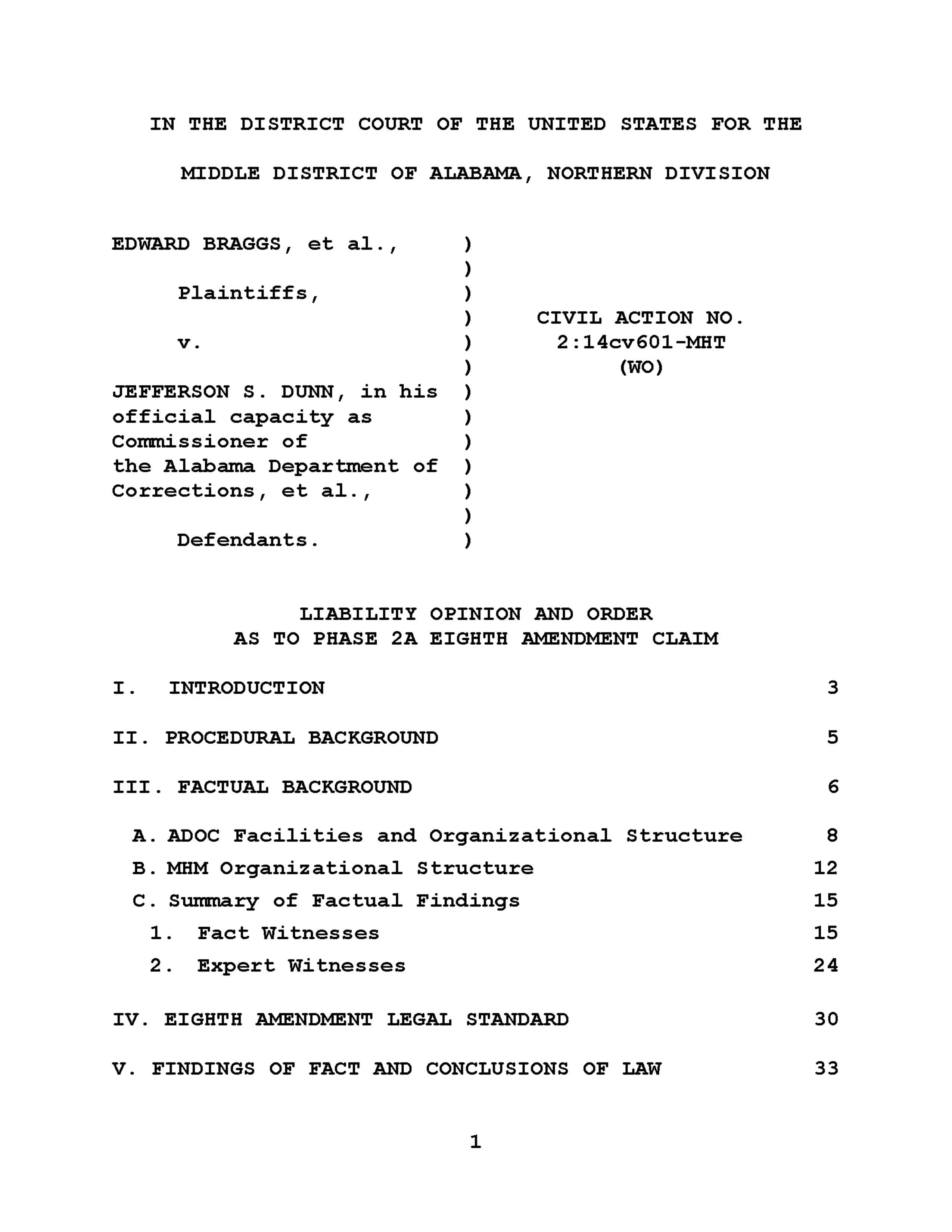


Judge Thompson found the mental healthcare in the Alabama Department of Corrections "horrendously inadequate,"—
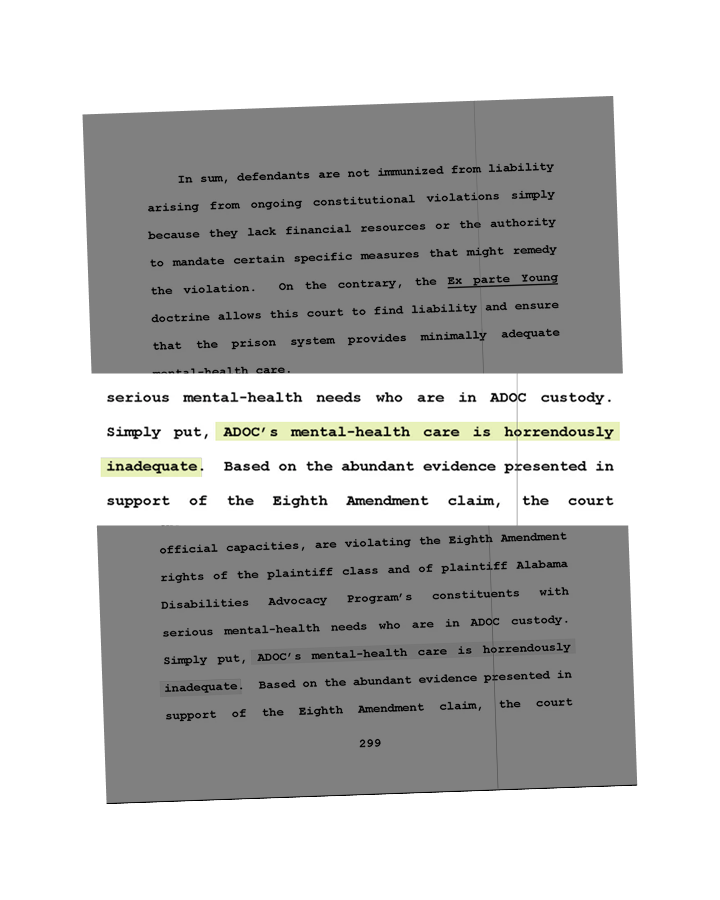
—citing "skyrocketing suicides" in solitary confinement.
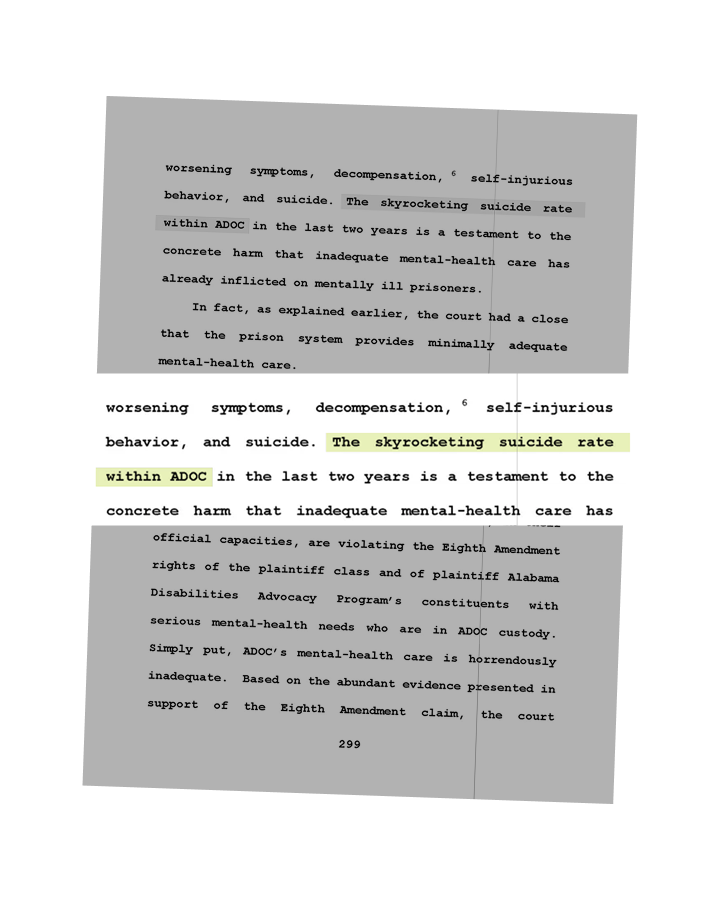
One plaintiff, Jamie Wallace, spent five years in Donaldson prison’s “residential treatment unit,” locked in a cell, alone up to 24 hours a day.

Jamie was the first incarcerated person to testify in the Braggs trial.
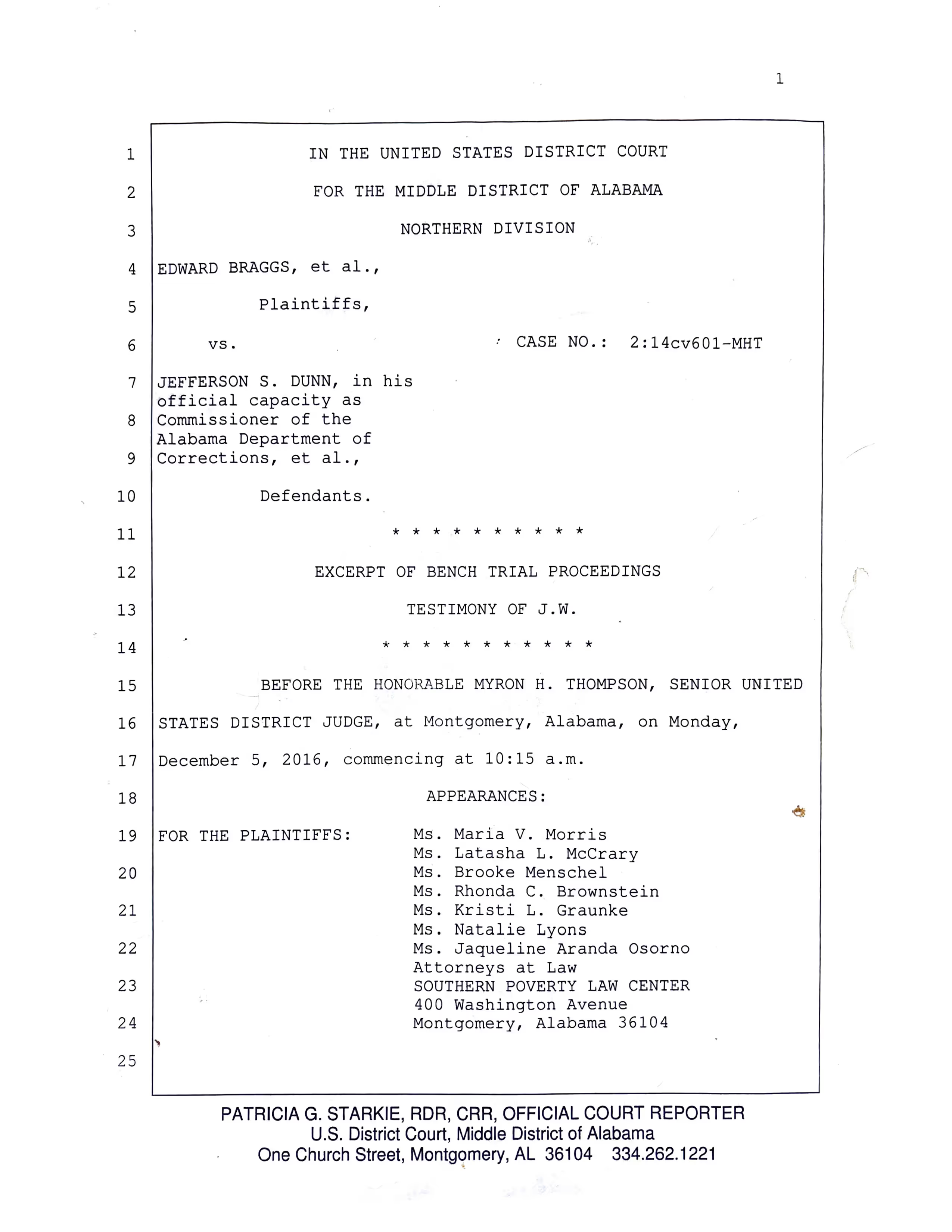

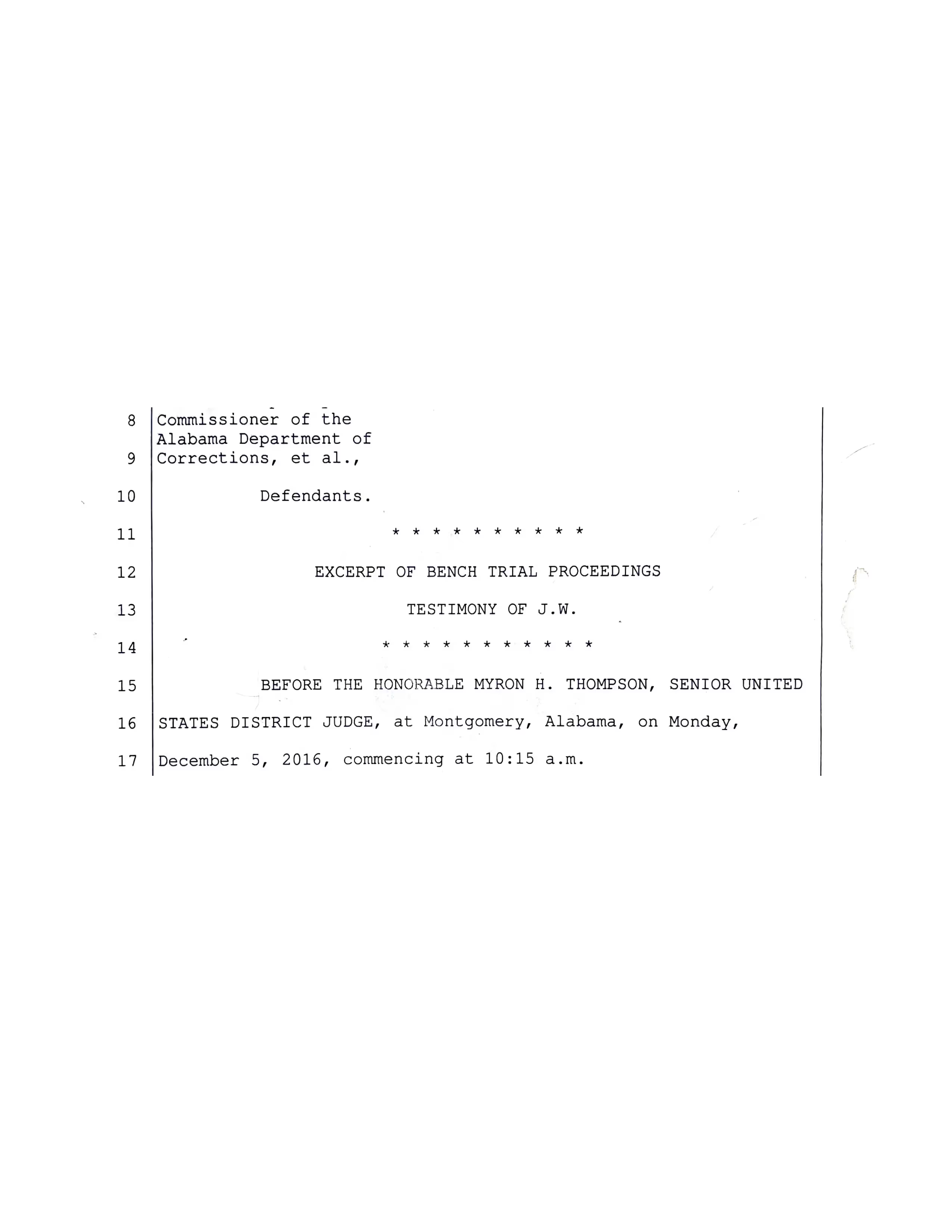

“Ain’t nothing we can do but pace the floor,” he said.
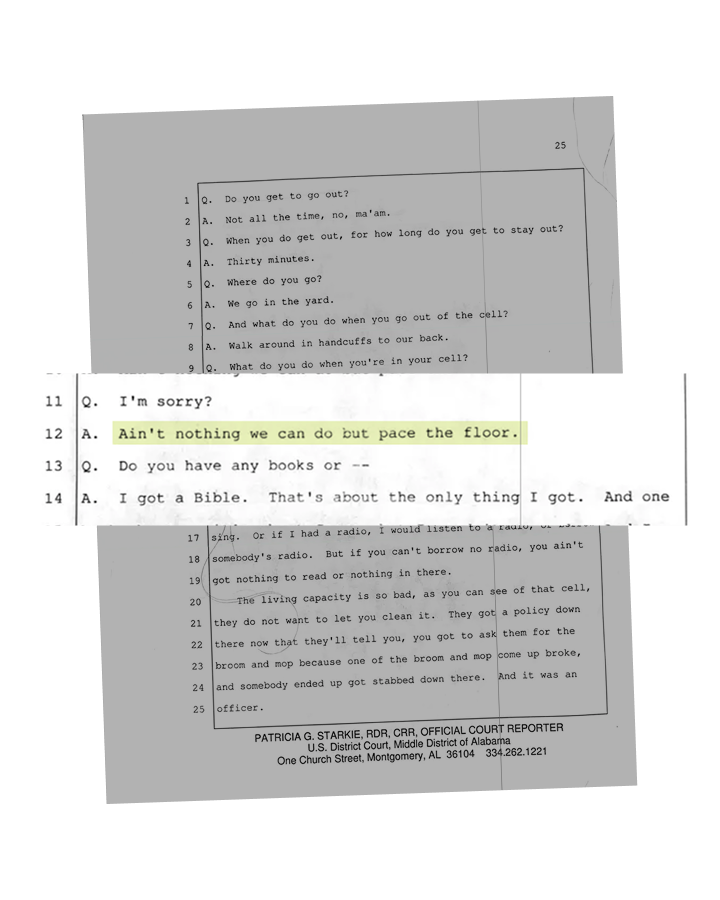
Jamie also described how one officer gave him a razor blade and encouraged him to harm himself.
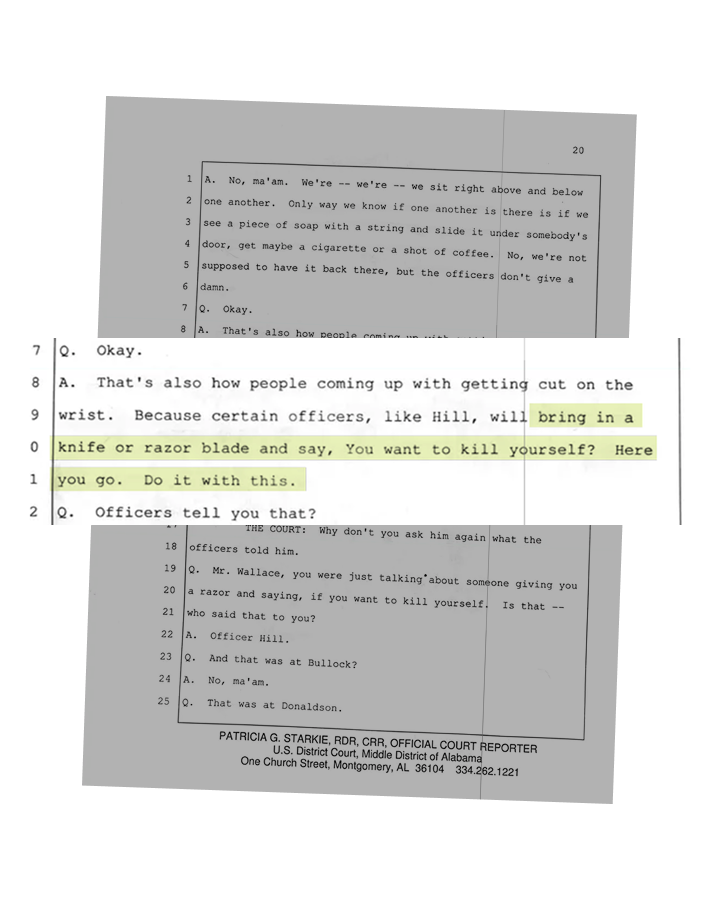
Jamie took his own life ten days after testifying. He died by hanging himself in a cell located inside the system’s “intense stabilization unit” at Bullock Prison, where men like Jamie were supposed to get the highest level of care.
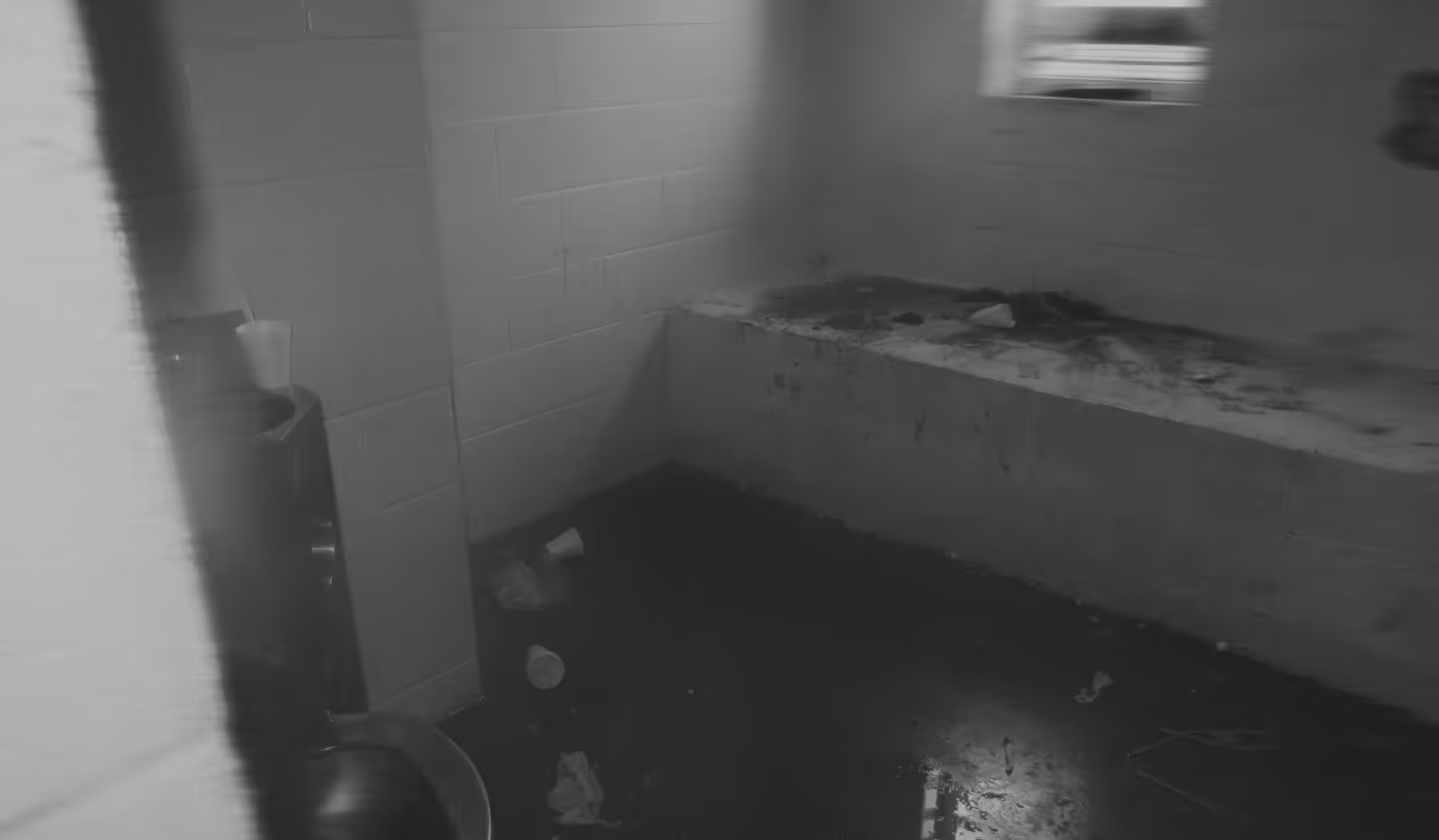
In 2025, the Braggs case entered its 11th year of litigation as the Alabama Department of Corrections continues to fight reforms. Private lawyers representing the prison system have collected over $22 million in legal fees, paid for by taxpayers out of the state’s general fund budget.
Charles Braggs
Suicide in solitary confinement
In 2009, Charles Braggs was arrested at age 17 for robbing a Pizza Hut in Mobile, AL. The state tried him as an adult, and sentenced him to 20 years in prison.
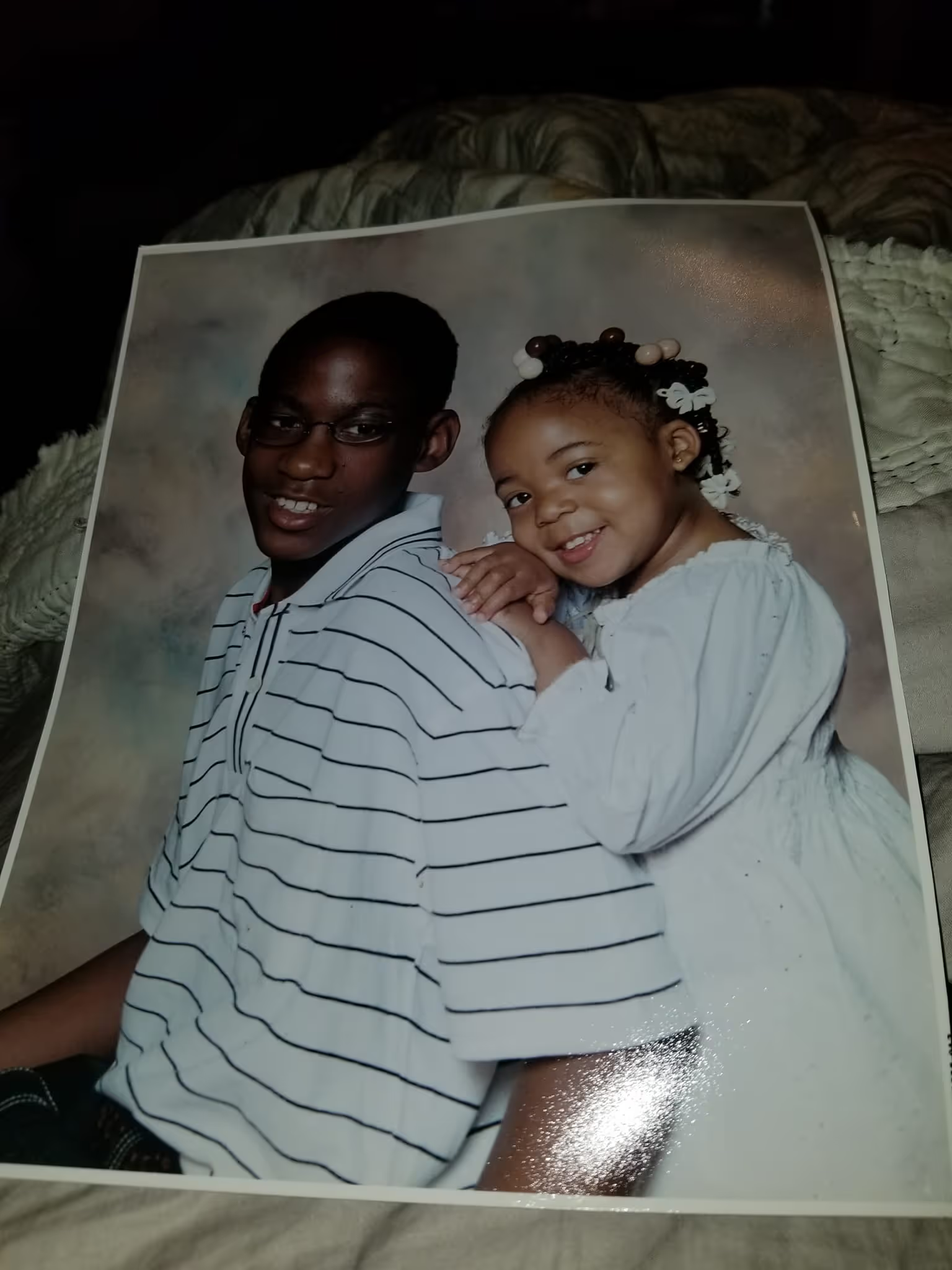
Charles spent much of the next decade in solitary confinement. In 2020, at age 28, he died by suicide after hanging himself in a segregation cell where he’d been held for two straight years.

He received no mental health or medical care the day he died, despite his repeated requests for help, according to court records.
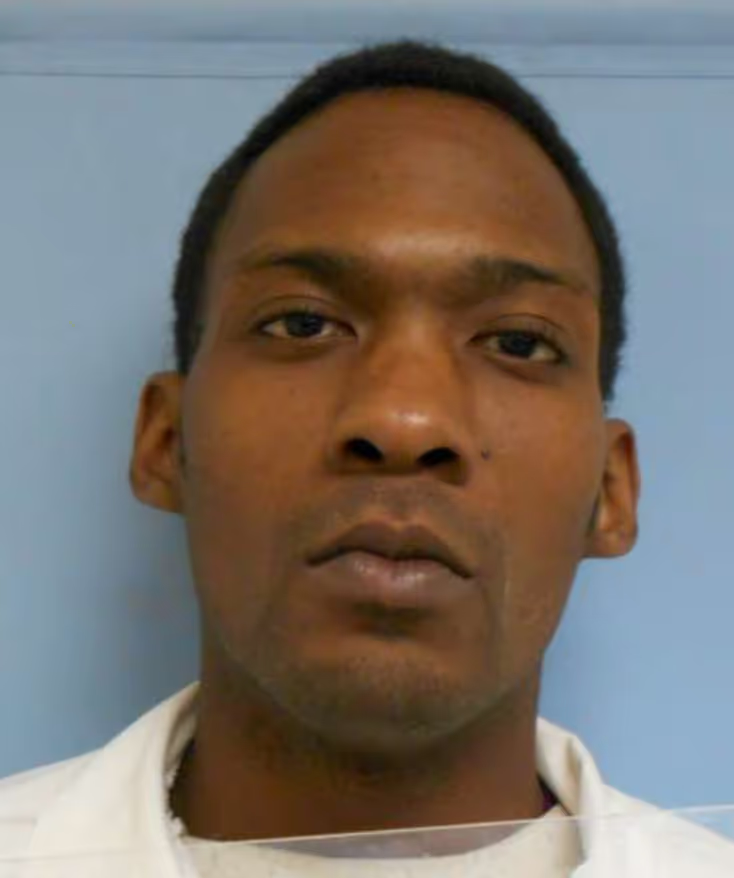
His autopsy report listed many injuries in various stages of healing, and he had methamphetamines in his system when he died. At 6’3, he weighed only 131 pounds when he took his own life, 40 pounds less than he weighed when he went to prison.
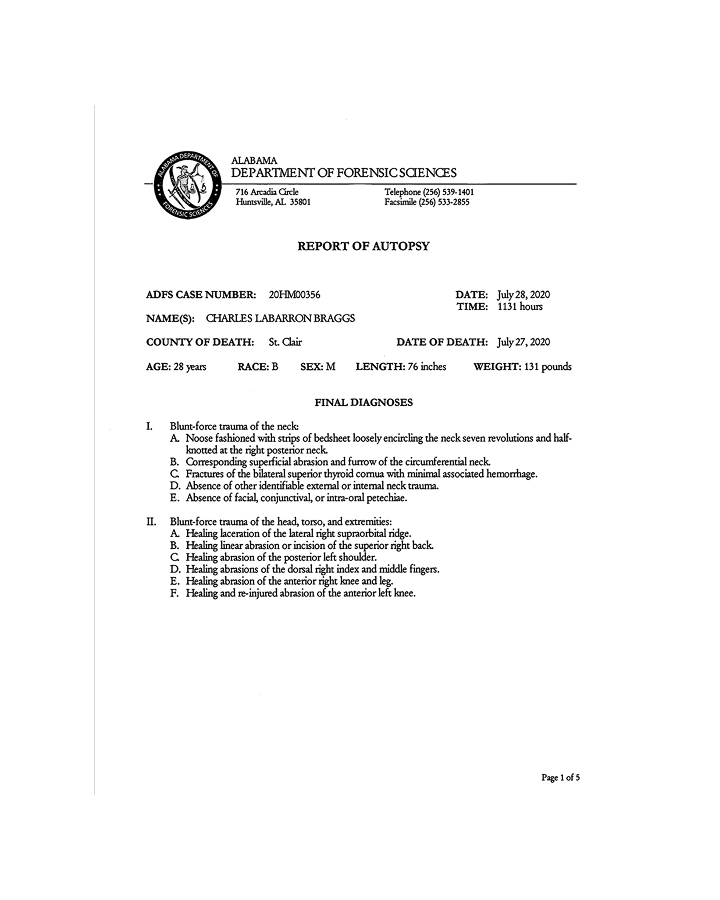
His mother, Celestine George, said her son had a good heart and was loved by his family.

“He made some mistakes when he was young, but in the end he paid with his life. I hold the prison responsible for his death.”
Charles Braggs was the seventh person to die by suicide—the sixth Black person—in the year following Judge Myron Thompson ordering ADOC to take immediate emergency suicide prevention measures.
